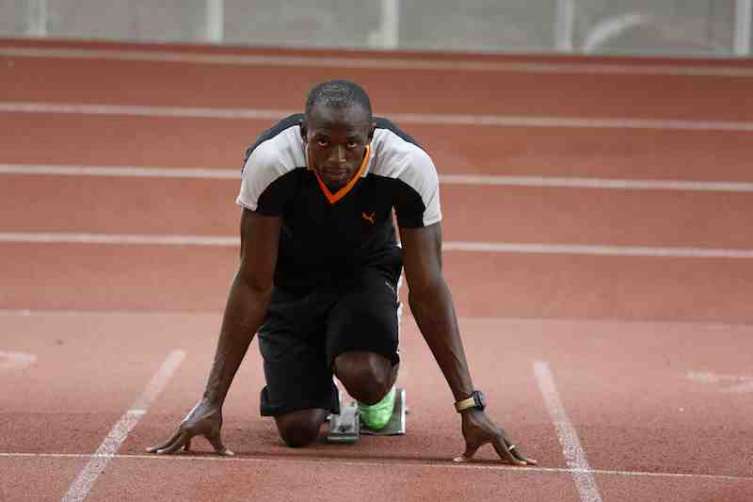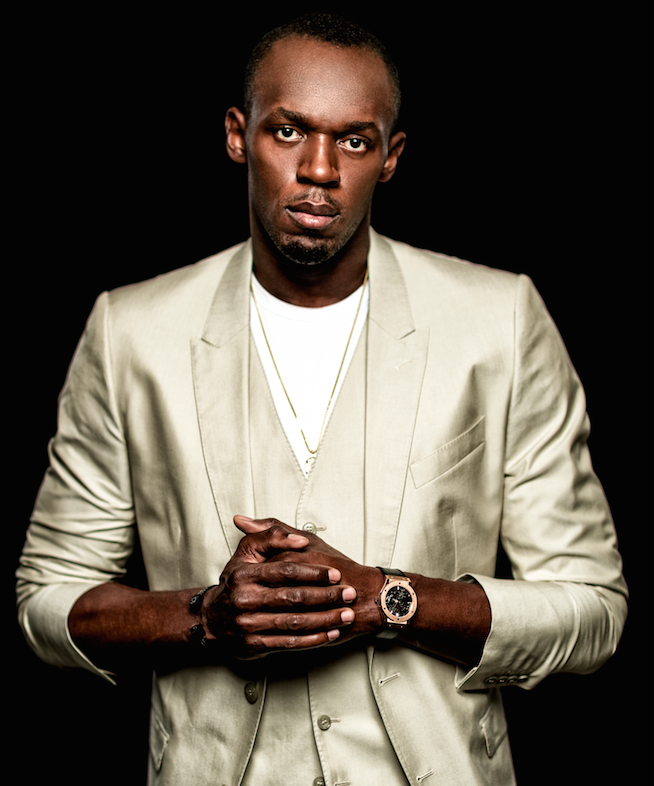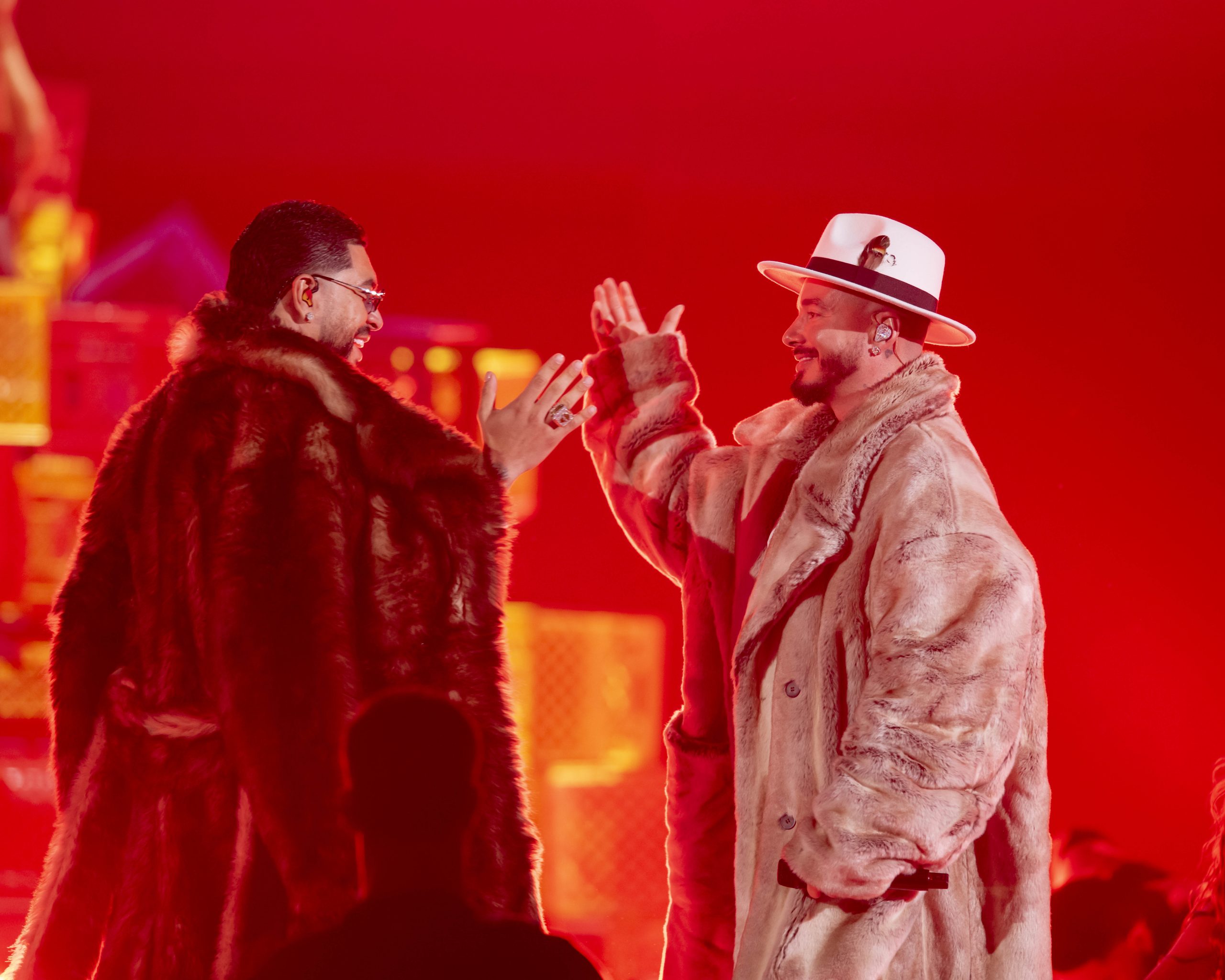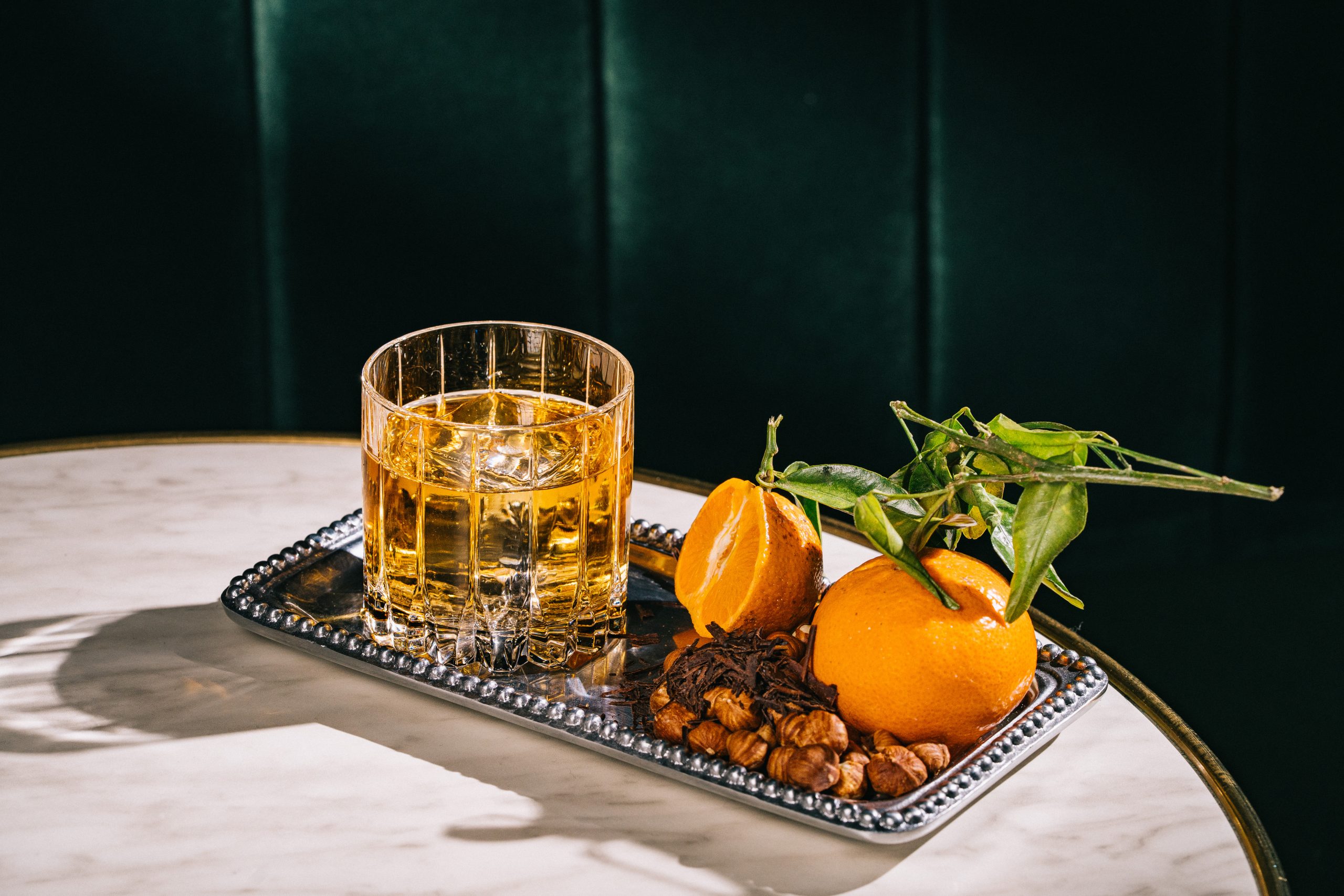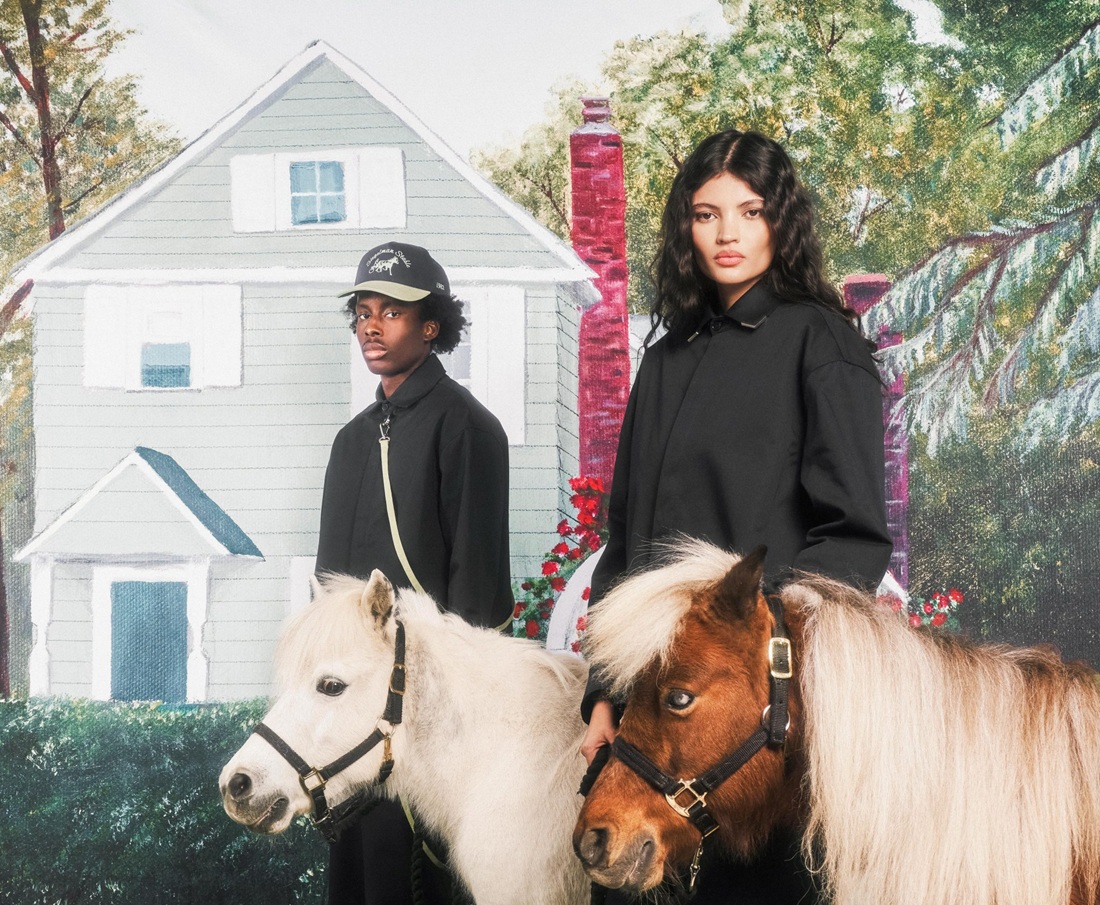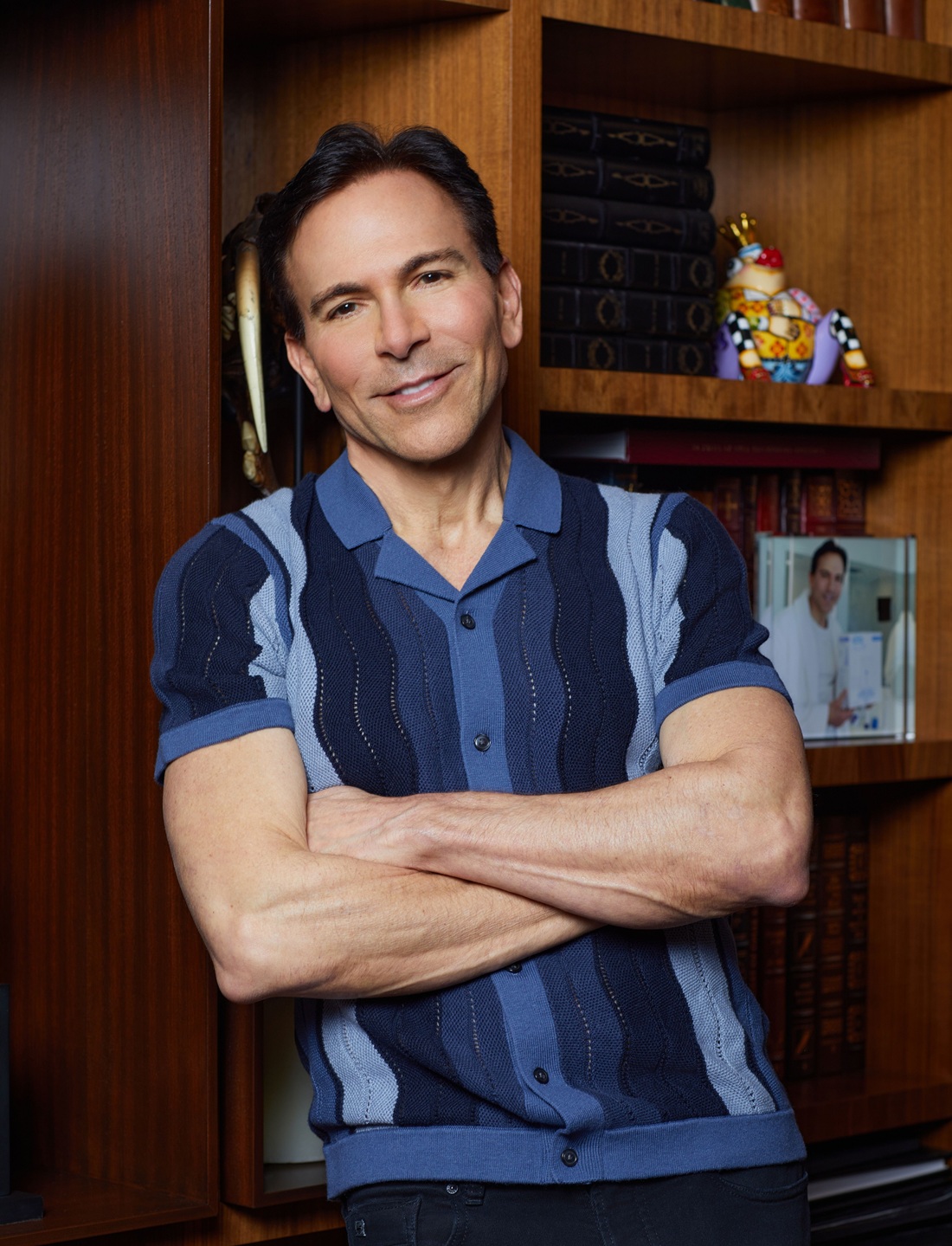Jamaican Sprinter Usain Bolt: The Fastest Man In The World

It is said that when Jamaican sprinter Usain Bolt runs a race, time stops. That is because when he is on television, everyone pauses to watch the race—all 9.58 seconds of it. That’s all it takes for him to win the 100-meter race, for which he holds the record. It’s a feat that was etched in the record books in Berlin in 2009 and has yet to be broken. He also has the world record for the 200-meter sprint, the 4×100 meters relay, along with six gold medals in sprinting, and eight world championship titles. It’s not just something they say; he really is the fastest man in the world.
As promised, Usain Bolt won gold at his third consecutive Olympic games in Rio. Running the 100-meter race in 9.81 seconds ( tad slower than his usual as he slowed down in a victory celebration on his final step) and then triumphantly striking his famous lightening bolt pose. He has two more races to go—the 200m and 4x100m relay, which will offer him, as he says, “immortal status,” something he craves perhaps more than anything.
Needless to say, with all those titles, the 29-year-old has some serious expectations to live up to. But none weighed as heavily as the ones he put on himself for the 2016 Summer Olympics in Rio de Janeiro, which we talked to him about exactly one year before his big race. “It’s the last one and I want it really badly,” explains Bolt, who will be turning 30 on the last day of next summer’s Games. “I want it just as much as I wanted the first one, [but it’s a slightly] different focus this time.”
Indeed, maturity has brought Bolt increased focus and an extra dose of discipline he may have lacked in earlier years, when he was known for being a party animal with a penchant for Guinness and fast food. He famously subsisted on Chicken McNuggets at the Beijing Games in 2008 after eschewing the local Chinese fare offered. “I’ve really been trying to work on my diet for about a year and a half. I’m eating a lot more vegetables and food that actually gives me more energy,” he says of his new regime that consists of lean protein and yams, as well as Jamaican food. “I’m not really good on diets, but the older you get, the better you have to.”
He even plans to give yoga a try. “I’m going to start doing yoga soon because of injuries I’ve gotten over the years. I have tight muscles and back problems and people have told me that doing yoga will help.” The fact that Bolt intends to start yoga—but has not yet begun—may reflect his all-in-good-time approach to training. He has confessed that although he’s due at the gym at 10 a.m., he’s usually just getting up at that time. Though that’s not to say he doesn’t tear it up when he’s there, pushing himself beyond imagination. His main motivation for training hard, is coming in first. “I don’t want to be second,” he says. When Olympic med- als aren’t enough to motivate him, he thinks of trying to impress the ladies. His honesty is refreshing and speaks to a motive as old as time. “Working out keeps me sexy,” he says with a laugh, “But it also keeps me in shape too. It’s about fitness and getting everything right and being focused.”
Another motivating factor for Bolt is being a role model, who says he tries to live his life as “well as possible.” “Everybody makes mistakes sometimes, but I’m a simple person and I like to do simple things. I know what is real,” he explains. His down-to-earth pleasures include food, friends, dance and music. “I really like a good beat, and I like broadening my horizons with music. I like hip-hop, reggae and, right now, I’m into toka music. I’m also trying to get more into techno.” Usually, if Bolt is at a party—big or small—he’ll wind up behind the turntables as he did hitting the town during Miami’s Art Basel and after London’s Commonwealth Games in 2014.
While he enjoys traveling, particularly to expand his musical palate, he doesn’t want to call anywhere other than Jamaica home—except, perhaps, Australia.
“That’s the only place I could live in other than Jamaica because Australians are very laid-back, just like me,” he says. Obviously, being the fastest man on earth doesn’t mean you can’t still be really relaxed. That might actually be his secret. After all, for a laid-back, little island nation of 3 million people, Jamaica has produced proportionally more running champions than any other country. While some might joke that it’s something in the water, it probably has more to do with carrying water. Like many of his fellow Jamaican champions, Bolt grew up in a rural environment without running water. He had to carry heavy loads of water up and down hills, building up a natural strength at a young age. Then there’s the ISSA Boys & Girls Athletics Championships, an Olympic-style competition in which young track and field athletes compete in front of packed stadiums of 30,000 spectators—with another million watching on television.
This gives Jamaica’s athletes a unique experience of competing in front of an audience that is intensely interested in track and field. Jamaican Olympic champions are even on hand to give metals at the end of the games to inspire the next wave of talent. The Boys & Girls Championships make great training for world championships and the Olympics—the holy grail of athletic competition. “They just put so much emphasis on the Olympics when you’re young,” explains Bolt. “It only comes every four years; you have to train, work hard, and stay focused. Then you have to wait another four years for the next one.” But with Jamaica’s winning tradition, it doesn’t seem out of reach for a boy from Trelawny, who looked up to Herbert Henry “Herb” McKenley and Arthur Wint. “You grow up seeing these guys doing great and then you start doing great. It’s like you’re picking up where they left off.”
The hard work doesn’t phase Bolt, who thinks doing something you love is one of the most important things in life. “A lot of people get so lost in just doing work that they don’t enjoy for years, and they end up self-destructing. You should enjoy what you do. I love running and I look forward everyday to competing and inspiring people,” he says. “A lot of kids tell me on Instagram that I’m their inspiration. It makes me feel good to know that I could help young people to do better, or do anything, really.”
Bolt likes other perks of his success too, including courtside seats, the opportunity to travel and, most especially, his partnership with Hublot as one of its brand ambassadors. “It’s such a prestigious brand, there was a real ‘wow factor’ that I would get the chance to wear a Hublot,” says Bolt. He doesn’t just get to wear a Hublot—he has his very own special-edition model, the King Power Usain Bolt. It features a black ceramic case with a chronograph, along with a silhouette of the runner doing his famous “lighting bolt” pose both at 9 o’clock on the dial, and on the transparent sapphire case back which offers a view of the movement. It’s very rare too. There were only 250 made—one of which is on Bolt’s wrist, meaning he has a very haute way to keep track of the time he stops.

